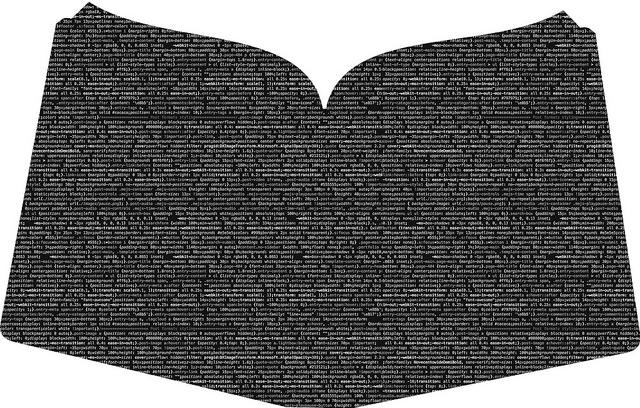Colleges need to help in the fight for affordable textbooks
September 29, 2016
The school publishing industry has held a duopoly for far too long now — raising the prices of books beyond the point of something college students shouldn’t have to pay for.
Pearson Public Limited Company and McGraw Hill are the two power houses of the publishing industry.
Senate bill-1052 and Senate bill-1053 have been signed this month by Governor Jerry Brown, allowing an online source for free college textbooks — a step in the right direction with regards to breaking up the two major publishers.
The bills allow for students to access hundreds of online textbooks — none of which will likely be used by teachers — but the initiative has high hopes that some students and teachers will begin using the online source for their curriculum.
We at the Inquirer believe that these bills are fantastic, and hope it will start the fall of unreasonable book prices. However, we also believe that it’s the responsibility of the college to do something about inflated book prices.
By schools continuing to do business with publishing companies like McGraw Hill and Pearson PLC — schools only shackle students budgets — creating hungry, homeless, and hopeless students.
Students can now pay as much as $300 on a textbook, enough to feed a person for three months.
Senate bill-1052 and 1053 have come under criticism because they allegedly don’t provide students with the best online textbooks. Perhaps they don’t, but at least this resource will be free and not make students decide between eating and studying.
Diablo Valley College should embrace initiatives like Senate bill-1052 and 1053 and ask their teachers to teach from the online database of free curriculum that will be provided.
Catherine Agnost, head of the English Department, thinks that, “The standards of learning are separate from the textbooks, we can use textbooks to meet the standards.” And teachers should embrace this same mentality to help fight the Pearson PLC and McGraw Hill duopoly.
Our school, and our students, would be better off without the expensive constraints that these publishing companies put on our education.







































































